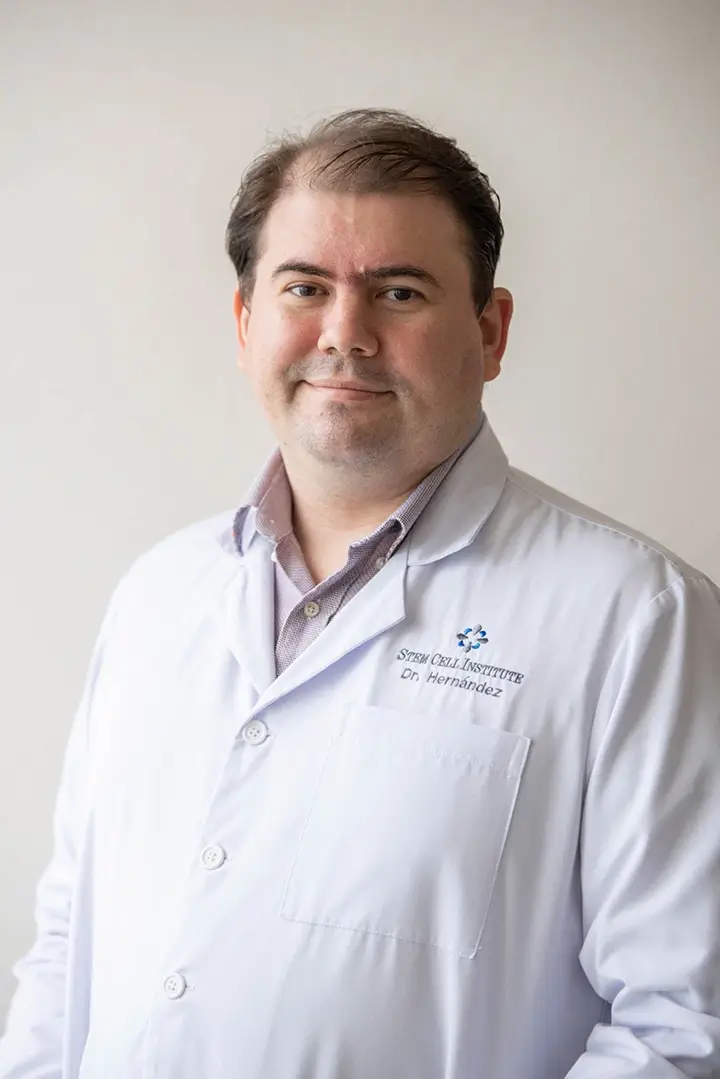Researchers at the Harvard-affiliated Joslin Diabetes Center in Boston have announced an improvement in mice afflicted with the Duchenne form of muscular dystrophy following treatment with adult stem cells. The results of the study demonstrate for the first time that skeletal muscle precursor cells are capable of repairing muscle tissue and thereby of restoring function in this particular form of muscular dystrophy.
According to Dr. Amy Wagers of the Joslin Section on Developmental and Stem Cell Biology, who is also Assistant Professor of Stem Cell and Regenerative Biology at Harvard University and principal faculty member at the Harvard Stem Cell Institute, “This study indicates the presence of renewing muscle stem cells in adult skeletal muscle and demonstrates the potential benefit of stem cell therapy for the treatment of muscle degenerative diseases such as muscular dystrophy.”
As the world’s largest diabetes research center, the Joslin Diabetes Center employs the world’s most extensive team of board-certified physicians who are actively involved in the treatment of diabetes, with current research encompassing stem cell therapies and applications to other diseases such as muscular dystrophy. Duchene is the most common form of muscular dystrophy, which is caused by a genetic mutation and characterized by rapid muscular degeneration. Previously, all forms of muscular dystrophy have been considered incurable, as standard medicine offers no known safe or effective treatment. Adult stem cell therapy, however, now provides a new modality for the treatment of this disease.
As Dr. Wagers explains, “Once the healthy stem cells were transplanted into the muscles of the mice with muscular dystrophy, they generated cells that incorporated into the diseased muscle and substantially improved the ability of the treated muscles to contract. At the same time, the transplantation of the healthy stem cells replenished the formerly diseased stem cell pool, providing a reservoir of healthy stem cells that could be re-activated to repair the muscle again during a second injury. This work demonstrates, in concept, that stem cell therapy could be beneficial for degenerative muscle diseases.”
Dr. Wagers and her colleagues are focused on studying the cellular mechanisms that regulate migration, expansion and the regenerative potential of hematopoietic as well as skeletal muscle stem cells. Thus far, the cells have proven to offer not only immediate regeneration to damaged tissue but also a reserve pool of cells that provide continuous regeneration and maintenance of the muscles throughout the future life of the muscles.

